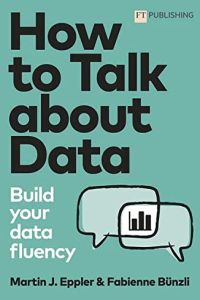
Book
How to Talk About Data
Build Your Data Fluency
We currently cannot offer you an audio version of this summary.
Recommendation
If you want to do well in business, in medicine and in life, you need to be able to analyze data. Every day, data become increasingly important in dealing with the world, and using data incorrectly generates negative consequences. Academics Martin J. Eppler and Fabienne Bünzli demonstrate that people can learn “data fluency” – even those with moderate computer skills can learn to competently analyze and communicate about data. Data fluency will improve your decision-making, in business and in daily life.
Summary
About the Authors
Chair of communications management at the School of Management Martin J. Eppler is vice rector of the University of St. Gallen, where Fabienne Bünzli is a lecturer.
Learners who read this summary also read
Book
Book








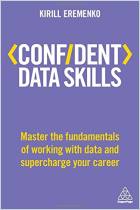
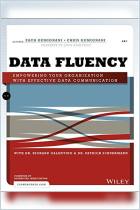
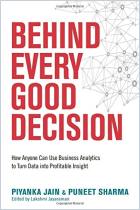
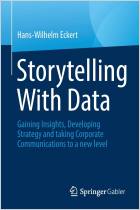
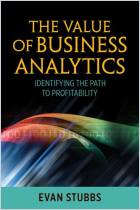
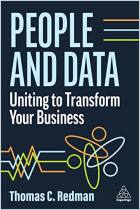



Comment on this summary